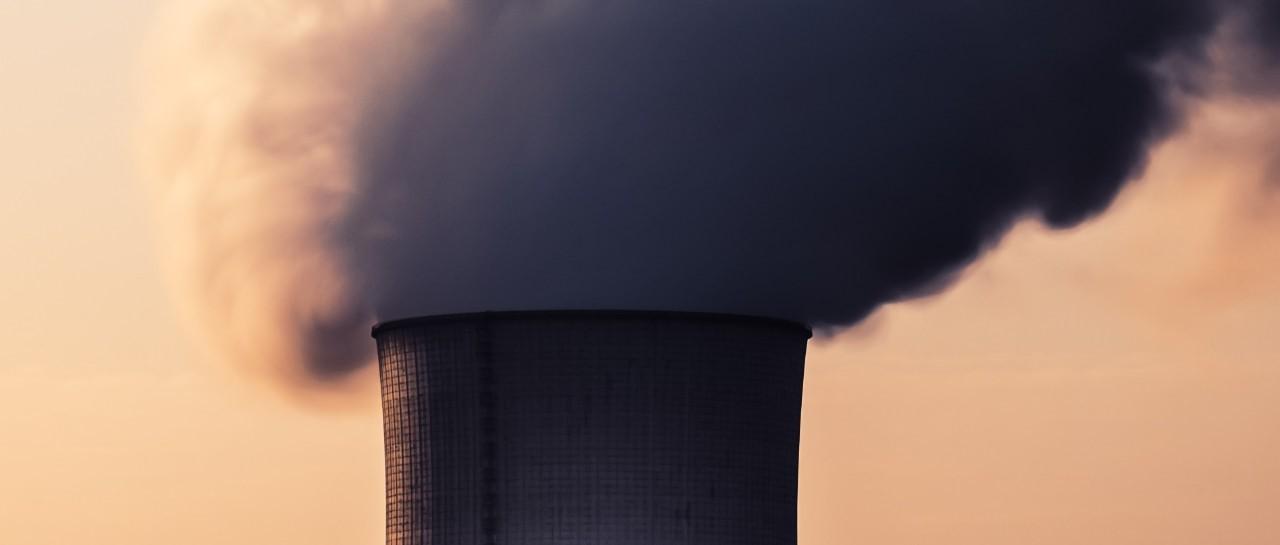
How to drink more water and stay hydrated at a festival
Peer reviewed by Dr Krishna Vakharia, MRCGPAuthored by Lydia SmithOriginally published 21 Jun 2023
- DescargarDescargar
- Compartir
You’re at Glastonbury and you’re watching your favourite band in the sun with a pint of cider in hand. Life is good - until you start to feel a bit unwell. Although you’ve spent a lot of time at the bar, you’ve not drunk nearly enough water - and the headache is setting in.
En este artículo:
Dehydration is one of the main causes of illness at festivals. They usually take place in the summer and the warm, sunny weather - and dancing - can mean you lose more fluid through sweating. Also, alcohol is a diuretic, meaning it can make you pee more. It’s also easy to forget to drink water when you’re having fun, especially if you don’t have a refillable bottle with you.
However, being dehydrated at a festival can be dangerous and lead to fainting, disorientation, heatstroke, or even fits or seizures. If left untreated, you may end up needing to spend time in the medical tent.
Seguir leyendo
What are the symptoms of dehydration?
There are many signs that you haven’t drunk enough water. You may feel thirsty, tired or dizzy, or have dark yellow, strong-smelling urine. You may pee less than usual or have a dry mouth. You may also have a headache, feel generally unwell or feel confused or anxious.
Dehydration can happen more easily if you have been in the sun, drunk alcohol or have been sick or had diarrhoea. Conditions such as diabetes or certain medications, such as antidepressants, can also leave you at risk of dehydration1. Illegal drug use can also lead to dehydration2.
Selecciones de pacientes para Condiciones medioambientales

Salud general y estilo de vida
Air pollution speeds up ageing in the lungs
Air pollution causes lung ageing and increases the chances of developing a serious lung disease.
por Ashwin Bhandari

Salud general y estilo de vida
Agotamiento e insolación
Los riesgos de una exposición excesiva de la piel al sol son bien conocidos. Demasiado sol aumenta el riesgo de cáncer de piel, y las quemaduras conllevan un riesgo especialmente alto de melanoma maligno. Pero a corto plazo, el exceso de calor también conlleva un riesgo de agotamiento por calor que, si no se trata, puede provocar un golpe de calor potencialmente mortal.
por el Dr. Doug McKechnie, MRCGP
How to drink more water and stay hydrated at a festival
Stick to a routine
Setting a routine can help you remember to drink water at a festival. Keep big bottles of water in your tent so that when you wake up, you can have a couple of glasses first thing and refill a smaller bottle to carry with you.
It can help to set an alarm or reminder on your phone or watch to have water mid-morning and mid-afternoon. Try to drink when you eat at lunch or dinner too. If you’re moving around a lot or dancing, you’ll need to drink more.
Carry a refillable water bottle
Bringing your own refillable water bottle can save you money and is better for the environment than buying plastic water bottles. You can get foldable water bottles or pouches, which can be easier to carry. You can also attach them to a belt or bag using a carabiner, a strong metal clip. Festivals allow you to bring an empty bottle and refill it on site, as long as it isn’t made of glass.
Remember to rest
It’s important to take breaks in the shade when you’re hanging out in the sun all day or walking to various stages. Your body will need to rest and recharge. If you lie down in the shade and drink some water, you’ll feel much better.
Seguir leyendo
What to do if you are dehydrated at a festival
If you’re dehydrated, sit down, drink plenty of water and have a rest. Dehydration is treated by replenishing the fluid level in the body. You can also use rehydration sachets - which can be dissolved in water - to build up your body’s electrolytes and salts. If you feel unwell, it’s important to seek medical help to prevent severe complications. You can get help at the medical tent, or via festival staff who are on site to help.
Para saber más
Historia del artículo
La información de esta página ha sido revisada por médicos cualificados.
21 Jun 2023 | Originally published
Autores:
Lydia SmithRevisado por expertos
Dr. Krishna Vakharia, MRCGP

Pregunte, comparta, conecte.
Explore debates, formule preguntas y comparta experiencias sobre cientos de temas de salud.

¿Se encuentra mal?
Evalúe sus síntomas en línea de forma gratuita